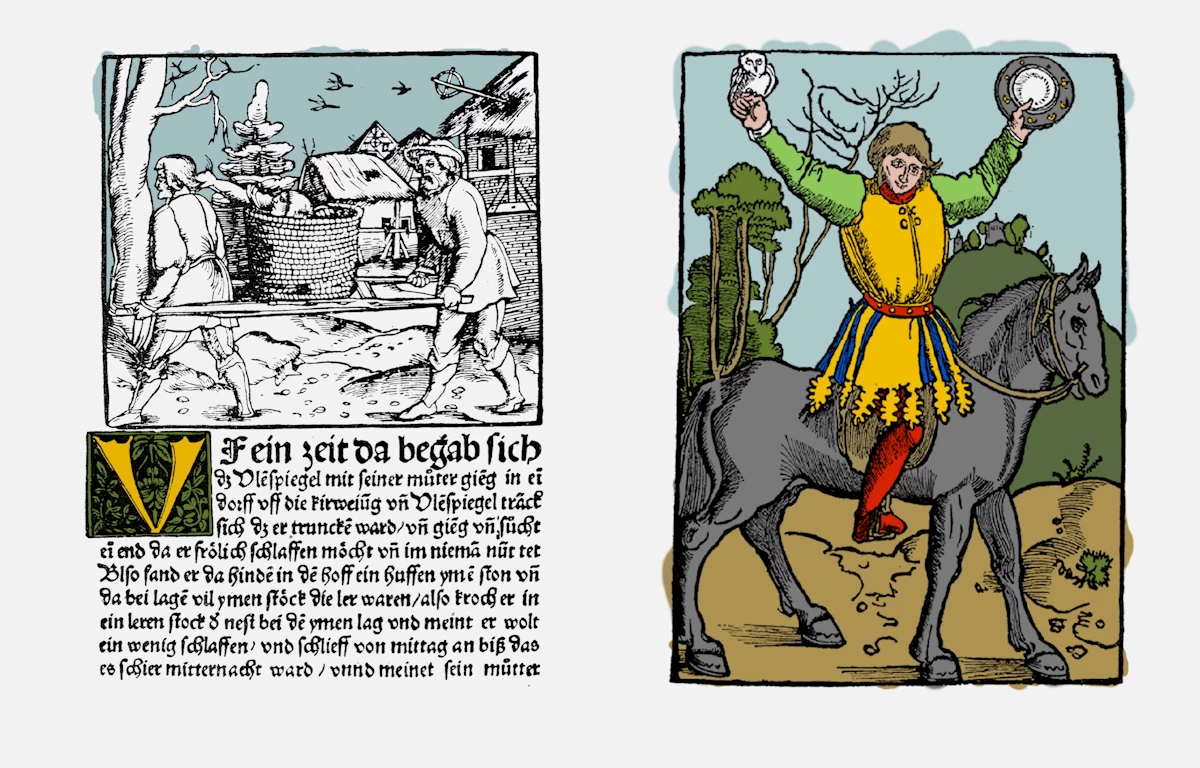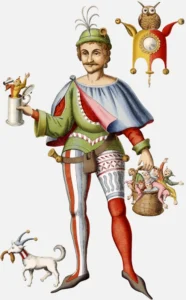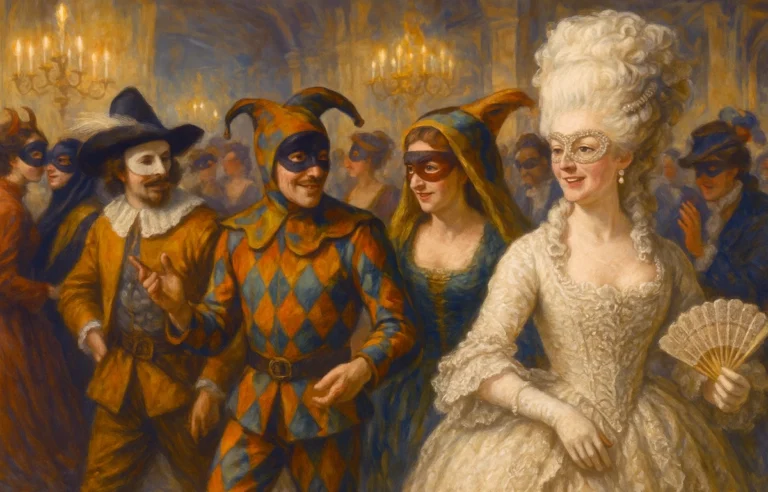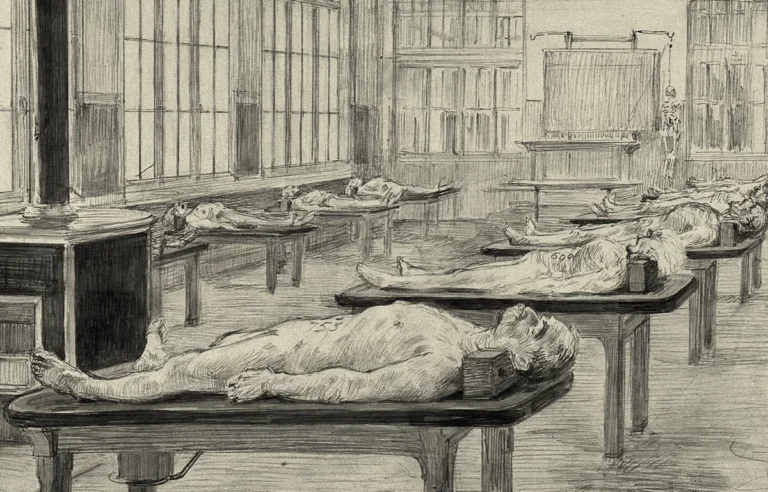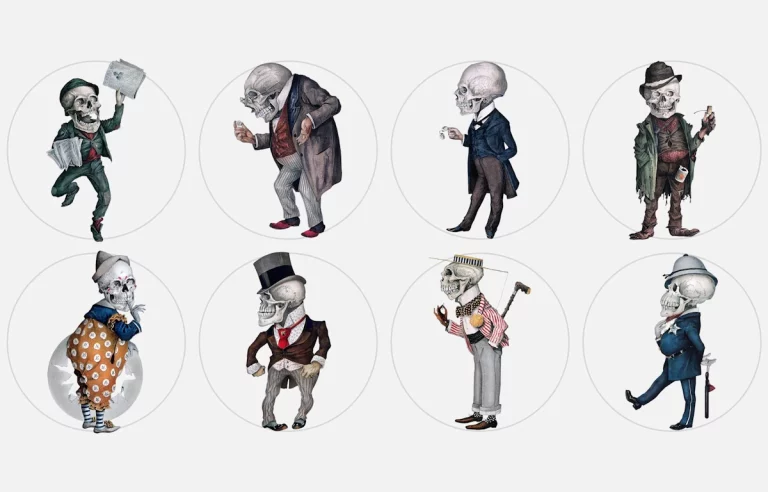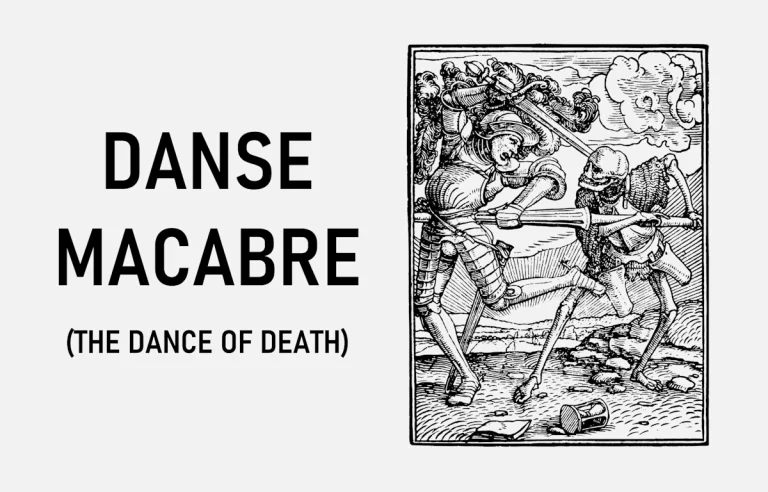Till Eulenspiegel: The 14th-Century Trickster Who Made Fools of Everyone
Till Eulenspiegel, a famous trickster from the 14th century, has become one of the most loved and intriguing figures in European folklore. Known for his clever pranks and sharp sense of humor, Till’s stories have entertained and amused people for hundreds of years. His antics give us a glimpse into life in medieval Europe, where humor and mischief were powerful tools against the problems of everyday life. But who was Till Eulenspiegel, and what made his tales stand the test of time? Let’s take a closer look at this legendary figure, his adventures, and why his tricks still hold meaning today.
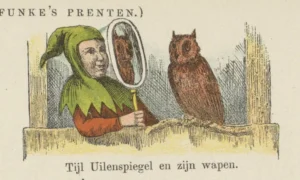
Jan de Haan (1875-1903)
A Legend Born in Folklore
Till Eulenspiegel first appeared in the folklore of German-speaking regions, particularly in parts of what are now Germany and the Netherlands. His name, “Eulen” meaning “owl” and “Spiegel” meaning “mirror,” was a clever play on words. The owl represented wisdom, while the mirror symbolized self-reflection. It’s as if his very name suggested his unique ability to hoot at the foolishness of others while reflecting their stupidity right back at them—poetic justice with a mischievous grin.
The first known collection of Eulenspiegel stories was published in 1515, but it’s likely that the tales were passed around by word of mouth long before that. This early book, titled A Merry Read about Till Eulenspiegel Born in the Land of Brunswick, helped cement his status as a legendary figure. While some historians argue that Till was based on a real person, others believe he was an imaginary character created from various trickster figures popular in European folklore. After all, every culture needs a class clown, and Till was more than happy to take up that role—except, in his case, the jokes often came with a sharp bite.
Some say Till was like a medieval stand-up comedian, performing his own brand of satire in taverns, markets, and even at the expense of the powerful. Whether or not he was based on a real person, Till’s tales still resonate with a timeless appeal: the little guy using his wits to poke holes in the arrogance of the mighty.
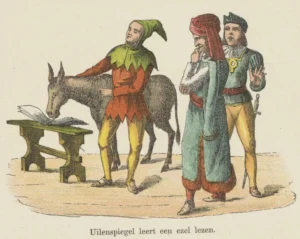
Jan de Haan (1875-1903)
The World Till Lived In
The 14th century was a time of great change in Europe. The medieval world was marked by a rigid social order where the church, nobility, and wealthy merchants held most of the power. This was also the age of the Black Death, where one-third of Europe’s population was wiped out by the plague. Fear and uncertainty ruled the day, and Till’s humor was like a refreshing burst of light cutting through the gloom. Who wouldn’t want to laugh when the world seemed to be crumbling?
Common people often found ways to resist this structure, using humor and storytelling to challenge the people in charge. Till Eulenspiegel fit perfectly into this environment. His stories reflected the frustrations of ordinary folks while poking fun at the arrogance of the powerful. Through his antics, Till became a symbol of hope for the downtrodden—a witty champion who took on those who had grown fat on their own self-importance.
Many of Till’s targets were wealthy, pompous, or greedy individuals—people who thought they were better than everyone else. Through his pranks, Till held a mirror up to society, showing the foolishness of those who believed they were smarter or more important than others. His ability to knock these people off their pedestals made him not just a trickster but also a folk hero, someone who gave voice to the frustrations and complaints of ordinary people. A jester in motley clothes, but a hero at heart.
Till’s Adventures: Laughing at Authority
One of the things that made Till Eulenspiegel’s stories so memorable was his willingness to challenge authority figures. Whether he was dealing with bakers, millers, or even nobles, Till never missed a chance to expose their flaws. His stories often revolve around situations where he manages to get the better of someone in power, not through force but through cleverness and wit. Think of him as a medieval Bugs Bunny—always one step ahead of those who tried to outsmart him.
The Owl Bread Incident
One of Till’s most famous pranks happened when he worked as a baker’s apprentice. The baker, known for being stingy and unkind, ordered Till to bake loaves of bread shaped like owls. Now, most people would’ve simply made some doughy blobs with beaks. But not Till. Instead, he sculpted loaves that looked exactly like real owls—so realistic, in fact, that no one dared eat them! They were too lifelike to be appetizing, leaving the baker with a flock of inedible bread-birds.
In some versions of the tale, Till goes one step further, making the owl-shaped loaves out of clay, rendering them completely useless. When the baker explodes in anger, Till shrugs and remarks that he was just following orders. This story isn’t just about a prank—it’s a commentary on the ridiculousness of blindly following authority. If the boss gives foolish instructions, sometimes the best response is to show just how foolish they really are. Till’s owl loaves were less a culinary failure and more a tasty slice of rebellion.
The Donkey on the Roof
In another of Till’s classic escapades, he works for a miller who treats him poorly. To teach the miller a lesson, Till tricks him into believing that his donkey can be trained to climb onto the roof of the mill. Yes, a donkey. On a roof. As you might imagine, the donkey doesn’t quite take to rooftop living, and the miller is left with a chaotic mess.
While this tale is comically absurd, it also contains a deeper message. The miller’s gullibility and desire for control lead to a ridiculous outcome. By putting a donkey in a situation it clearly doesn’t belong in, Till highlights the folly of trying to control everything, especially when you’re not exactly the brightest bulb in the pack. The prank is a clever reminder that not all things—or creatures—can be manipulated just because someone in power wishes it so.
The Court Jester Who Outsmarted the Nobles
Till didn’t just play pranks on everyday people—he also had plenty of tricks for the nobility and wealthy. In one tale, Till is hired as a jester at a nobleman’s court. During a grand feast, Till serves the guests soup without any spoons. Naturally, the guests, expecting to dine in luxury, are baffled and annoyed. But Till simply tells them that he thought people of their high status could handle soup without spoons, since they’re clearly above such trivial things.
In another version of this tale, Till serves the soup in flat bowls, making it almost impossible to eat without spilling it all over themselves. The nobles, suddenly reduced to sloppy, fumbling eaters, become the butt of the joke. Through these pranks, Till exposes the ridiculousness of the social order—no matter how rich or powerful you are, soup still spills the same way for everyone.
Deception and Greed: A Lesson in Trickery
One of Till’s more elaborate pranks involves tricking a miserly wealthy man who is desperate for a cure to his illness. Posing as a doctor, Till convinces the man that the only way to be cured is to find a rare herb, which must be gathered on a specific night under the light of a full moon. The man, eager to be healed, pays Till a large sum of money to find this herb. Of course, the “rare herb” turns out to be nothing more than a common weed.
This prank serves as a timeless reminder of the dangers of greed and gullibility. The wealthy man’s desire to take the easy way out of his problems—by throwing money at them—leaves him vulnerable to being tricked. Till’s prank is a lesson in humility, showing that even the richest and most powerful can be brought down by their own foolish desires.
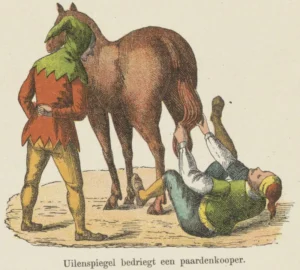
Jan de Haan (1875-1903)
A Symbol of Rebellion
At the heart of all of Till Eulenspiegel’s tricks is a deep sense of rebellion. He is a character who refuses to play by the rules, especially when those rules seem unfair or ridiculous. By challenging authority figures and making fun of the powerful, Till becomes a symbol for the people. His pranks serve as a way to mock the systems of power that keep ordinary people down, and this is why his stories continue to resonate.
Medieval Europe was a time of strict hierarchies and rigid social structures. Till’s tales offered a way for people to laugh at those in charge and imagine a world where cleverness and humor could triumph over wealth and status. His tricks were more than mere jokes—they were acts of defiance, a wink and a nudge in the face of authority.
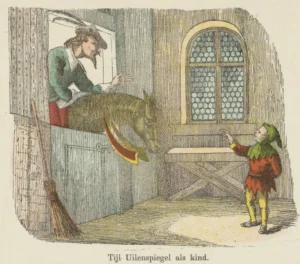
Jan de Haan (1875-1903)
The Trickster in Modern Times
Although Till Eulenspiegel’s stories are hundreds of years old, his legacy lives on. The trickster archetype—someone who uses wit and cunning to outsmart the powerful—can be seen in modern books, movies, and TV shows. Characters like Loki in the Marvel Universe, for example, share many traits with Till, using trickery and humor to challenge authority and disrupt the status quo. From the Joker in comic books to Bugs Bunny on TV, Till’s spirit of mischief is alive and well in our modern tricksters.
In addition, Till’s influence can be found in other areas of modern culture. The German composer Richard Strauss wrote a famous piece of music called Till Eulenspiegel’s Merry Pranks in 1895. The tone poem captures the spirit of Till’s adventures through playful melodies and lively rhythms, bringing his mischievous personality to life in a different medium.
Even today, people still enjoy stories about clever characters who can outwit those in power. Whether in cartoons, comic books, or films, the trickster figure remains a popular symbol of rebellion and wit, just as Till Eulenspiegel was in medieval times.
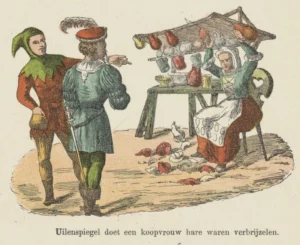
Jan de Haan (1875-1903)
Why Till’s Stories Still Matter
The reason Till Eulenspiegel’s stories have endured is simple: they remind us that laughter can be a powerful tool. In a world that often seems unfair or overwhelming, Till’s pranks show us that there is always room for humor, even in the face of authority. His tricks teach valuable lessons about the dangers of arrogance, the importance of humility, and the power of wit.
Till Eulenspiegel might have lived in the 14th century, but his spirit lives on. As long as there are people who want to challenge the status quo and laugh at the absurdities of life, the tales of Till Eulenspiegel will continue to entertain and inspire. Whether it’s in medieval Europe or the modern world, we could all use a little more Till in our lives—someone to remind us not to take things too seriously, especially when the powerful act like fools.


